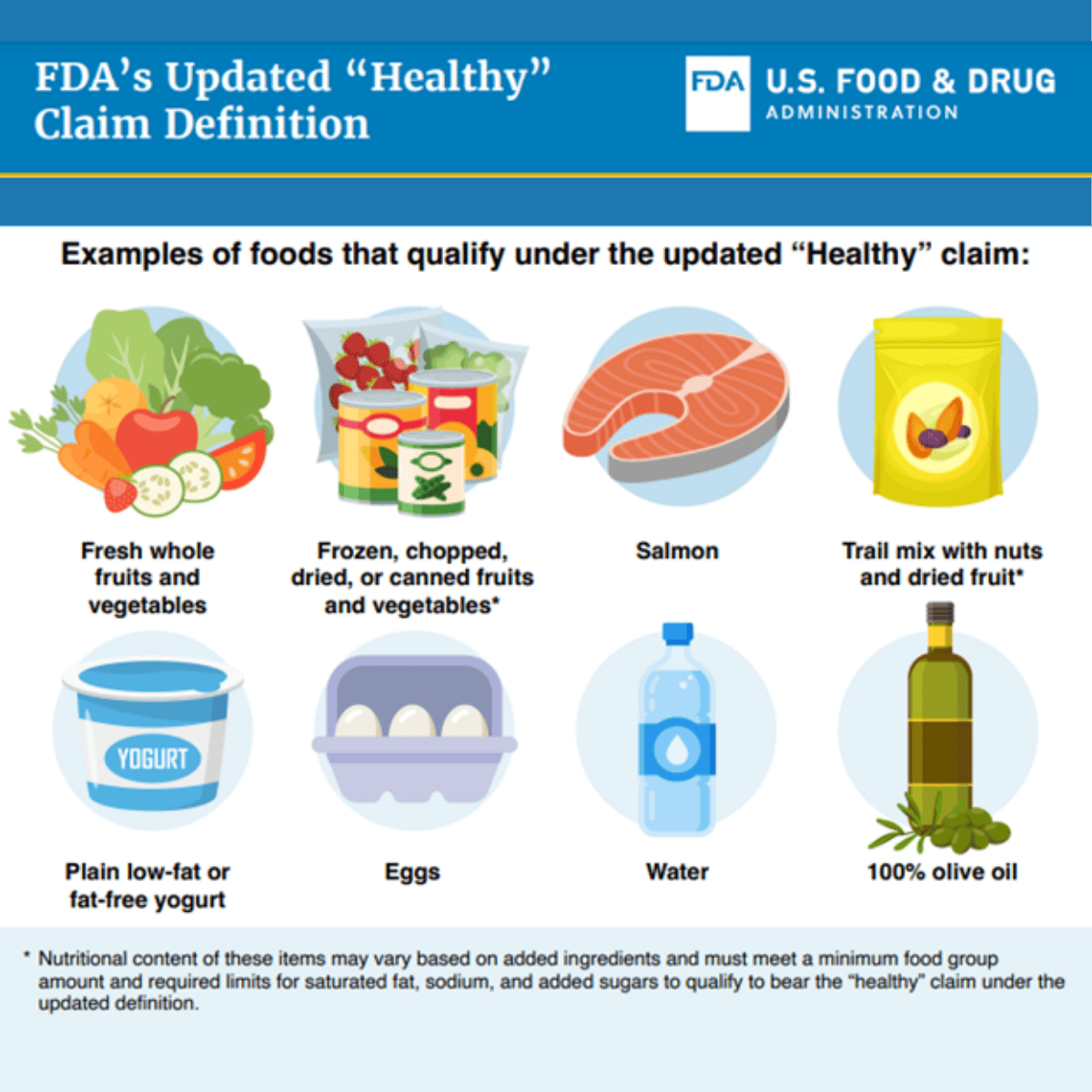The Time is Right for Food as Medicine in Food Retail
 With an ever-increasing interest in health and well-being, the topic of “Food as Medicine” has been a priority for many in the food industry for the past few years. The driving question: How can we best utilize the retail setting to help consumers make the connection between food and health on a daily basis when they shop, cook and eat?
With an ever-increasing interest in health and well-being, the topic of “Food as Medicine” has been a priority for many in the food industry for the past few years. The driving question: How can we best utilize the retail setting to help consumers make the connection between food and health on a daily basis when they shop, cook and eat?
First, what exactly is “Food as Medicine?”
We need to level set what we are talking about when we refer to food as medicine. We are not talking about food replacing prescribed medications, foods with “medicinal properties” or even certain criteria for foods to be considered “medicine.” We are talking about the role that food can play to support health and wellness. “Medicine” in the broader sense, as defined in the dictionary refers to “something that effects well-being,” similar to sleep, exercise and laughter. We are grounding our focus on Food as Medicine as defined by the Academy of Nutrition and Dietetics, which is based on credible research with the foundational goal of helping people make daily connections to food and nutrition within four focus areas: food to encourage health and well-being; manage disease (along with prescribed medications); improve nutrition security; and promote food safety.
As a reminder, the FMI Board approved a policy statement in support of this definition to show industry alignment and build the foundation for responsible programs to improve public health.
Second, what have we learned from consumers and retailers?
Equipped with this science-based definition, we decided to take a closer look at what consumers think about the concept of food as medicine and what they discuss when it comes to specific foods and health benefits. We also decided to look at what retailers think about the concept and what programs they have in place. The results of multiple surveys indicate that the time is right to spotlight food as medicine programs in the retail setting. While many retailers are already providing programs, like employee health promotions, customer disease-specific virtual classes, and feeding assistance support in the community, they are not necessarily referring to them as “food is medicine” efforts.
From the digital ethnography study, we learned that consumers with diabetes are reading about beans, peas and lentils to manage blood sugar levels. Consumers are concerned about food safety in their own home kitchens and are discussing preventive measures, such as thoroughly washing vegetables and properly storing and cooking meat. Consumers are sharing articles about the anti-inflammatory benefits of seafood. Consumers are connecting food to health.
So, what is the opportunity for food retail and industry partners in light of this research?
The opportunity is a call to action for retailers, industry partners and registered dietitian nutritionists (RDNs) to join in, guide these continued conversations and ultimately bringing consumers to the grocery store for real life solutions with Food as Medicine programs. When specific retail program models are executed in combination, there is proof of return on investment and improved health outcomes. If consumers are ready to embrace new ways of shopping, cooking and eating, then the food retail industry is in the sweet spot to respond.
The newly released report, The Food as Medicine Opportunity in Food Retail, outlines five program models to help set the stage for strategic conversations amongst key stakeholders, the crucial role of the registered dietitian nutritionist to drive these efforts, and next steps for self-assessment, future programming and evaluation.
To dive into more detail, download the report here: The Food as Medicine Opportunity in Food Retail
For more in-depth conversation behind the concept, research and digital ethnography, the accompanying recorded webinar is available here: The Food as Medicine Opportunity at Retail (Webinar)


 Industry Topics address your specific area of expertise with resources, reports, events and more.
Industry Topics address your specific area of expertise with resources, reports, events and more.
 Our Research covers consumer behavior and retail operation benchmarks so you can make informed business decisions.
Our Research covers consumer behavior and retail operation benchmarks so you can make informed business decisions.
 Events and Education including online and in-person help you advance your food retail career.
Events and Education including online and in-person help you advance your food retail career.
 Food Safety training, resources and guidance that help you create a company food safety culture.
Food Safety training, resources and guidance that help you create a company food safety culture.
 Government Affairs work — federal and state — on the latest food industry policy, regulatory and legislative issues.
Government Affairs work — federal and state — on the latest food industry policy, regulatory and legislative issues.
 Get Involved. From industry awards to newsletters and committees, these resources help you take advantage of your membership.
Get Involved. From industry awards to newsletters and committees, these resources help you take advantage of your membership.
 Best practices, guidance documents, infographics, signage and more for the food industry on the COVID-19 pandemic.
Best practices, guidance documents, infographics, signage and more for the food industry on the COVID-19 pandemic.
